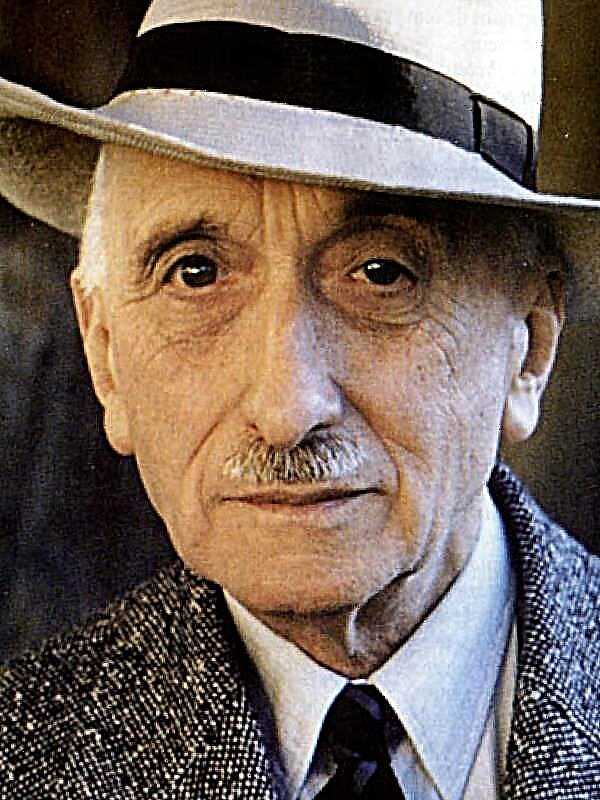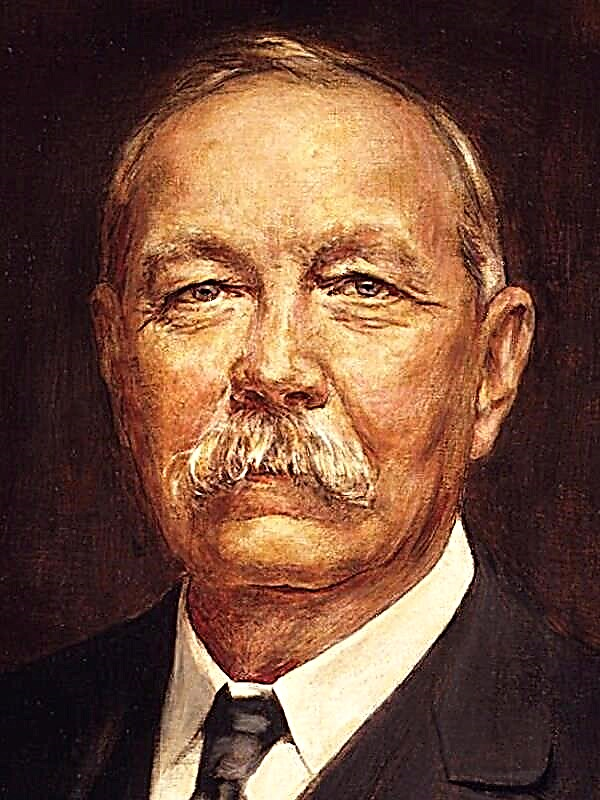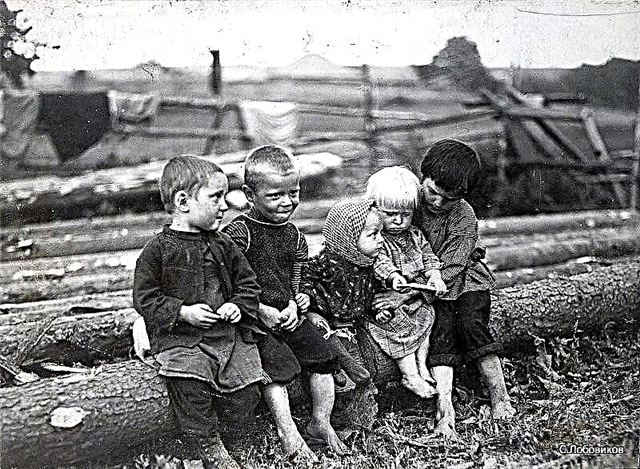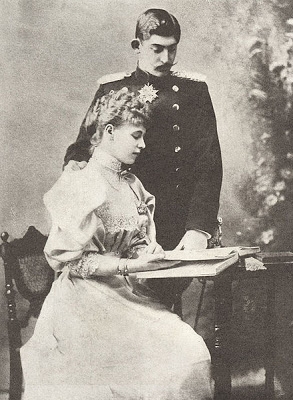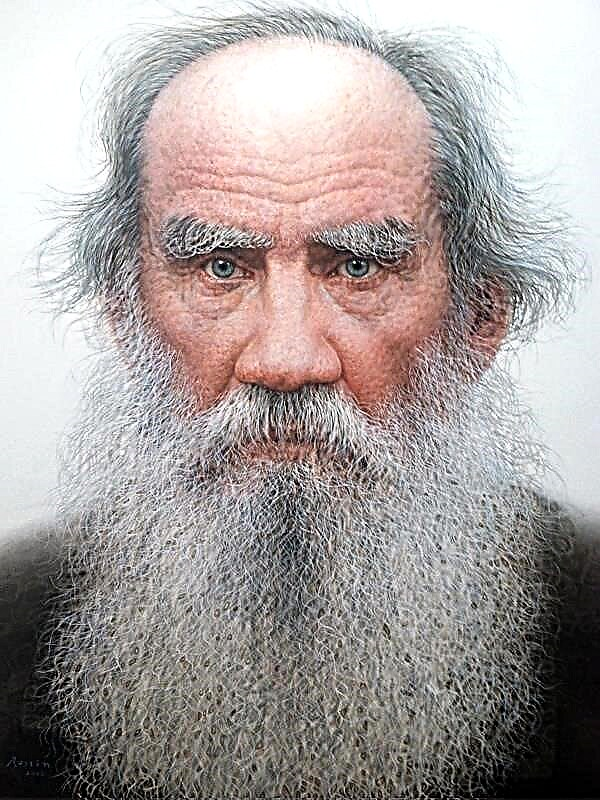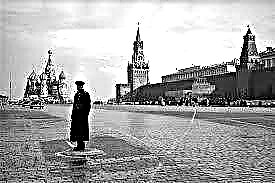Sometimes a person is willing to give too much to achieve his goals. But does it always bring joy? Could it be that the goal is achieved, but instead of a feeling of victory - disappointment? Yes, because our tasks are often false guidelines, but we only realize this when we have achieved our goal.
A vivid example of a false goal that disappointed a person is the story of Prince Andrei from Leo Tolstoy’s epic novel “War and Peace”. He strove for fame and exploits, wanted to be like Napoleon, wanted to earn his respect, even if he is an enemy of Russia. During his first battle, Andrei’s excessive heroism distinguished him from the crowd, drawing general attention to him. However, this same event almost became the cause of his death. The comic nature of the situation lies in the fact that Napoleon, seeing Andrei’s body, said that it was a worthy death, drew attention to him, distinguished him from others. But Andrei did not need all this anymore - neither fame, nor valiant deeds, nor Napoleon's praise. When the goal was achieved, he just wanted peace, he realized that fame was worthless.
Another example that clearly illustrates the frustration of achieving your goal is the story of Rodion Raskolnikov from F. Dostoevsky’s novel Crime and Punishment. Killing an old percent-centric woman, he received both livelihoods and, by his act, he ranked himself as an “outstanding person who has a right,” according to his theory. However, this brought him neither happiness nor satisfaction - only fear and disappointment. He tried to get rid of the stolen, but he felt disgusted from himself.
But why does it happen that the realization of their own goals does not cause joy and pride, but disappointment? This is because, as can be seen in the example of Prince Andrei and Rodion Raskolnikov, goals do not always correspond to the true desires of the human soul, and what a person needs, as it seems to him, is completely contrary to real dreams and aspirations of his nature.

